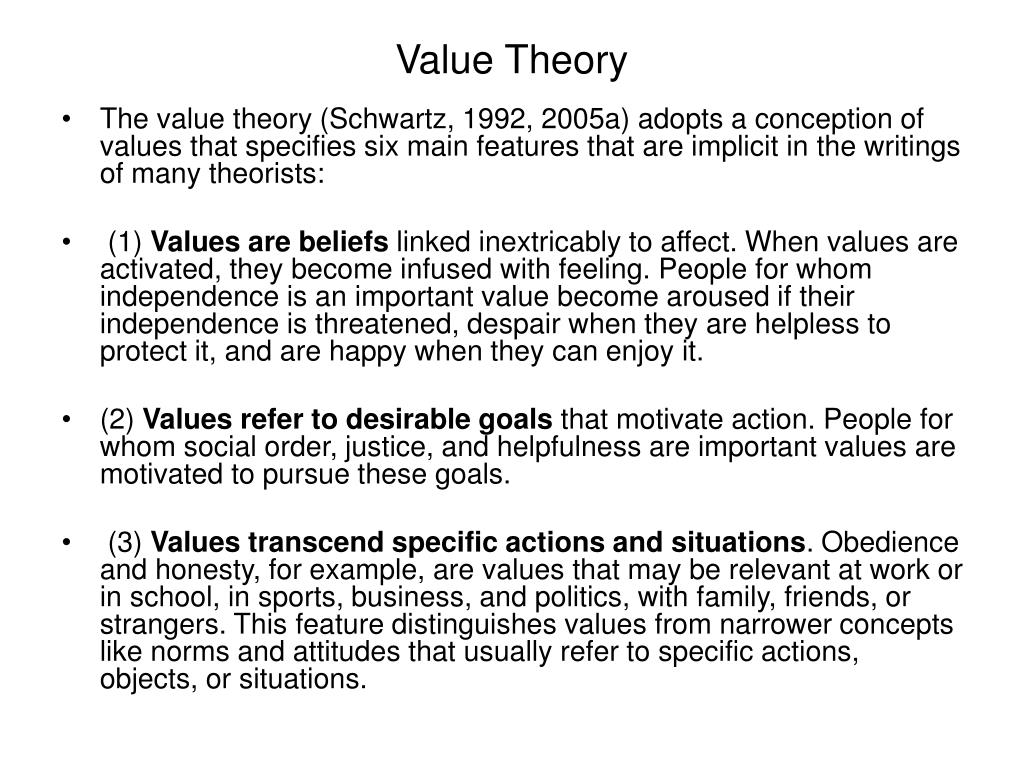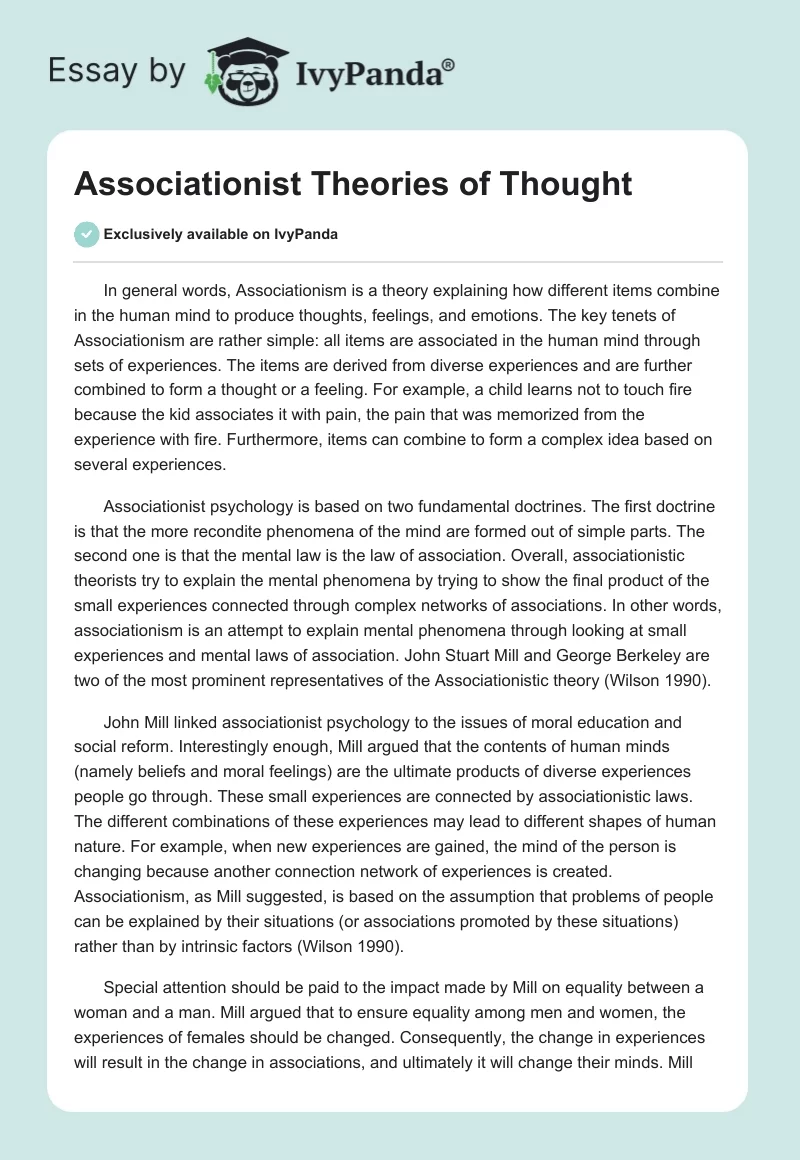Jim Kwik is the type of person I typically would steer away from. He appears to have created an industry around, well, himself. As a self-styled learning expert, he focuses on self-helpish type activities such as speed reading, memorization techniques, and enhancing “brain performance.” He sells t-shirts that sport fake college logos and has photos of himself with famous people on his web page. Not exactly my jam. In fact, I like to read slowly for pleasure and couldn’t care less about hanging around with people that are known for being well known. But I listened to an interview with him on a podcast and he does have some damn good ideas.
One of those ideas is a method for helping focus the mind on things that prevent us from moving forward on goals we want to accomplish. We all have those things that we work at for months or years that never seem to move forward. While we typically tend to think about our goals in terms of the specifics about what we want to accomplish, we may not spend the time thinking about why we haven’t been able to accomplish them — at least not in a clear way that can help us move forward.
Kwik’s idea is that there probably is an overarching psychological block that not only is impacting your ability to reach your goals but affecting all other parts of your life and health. So he suggests that we spend time thinking about that one question that will isolate that issue and we should ask ourselves that question every day perhaps multiple times a day when we noticed that we can’t make progress on something. The essence of the question as I’m framing it is this:
What is the one thing that dominates my mind when I need to act?
The question should be framed as “Why do I . . .?” or “Why am I . . .?” or “Why don’t I . . .” The idea is that you frame the question broadly to isolate a mindset and not specifically to get at why you didn’t do this or that one thing.
I did this little experiment and it was very enlightening. The question I came up with is “Why do I fear so much?” Now that’s not a very well-worded question. Asking “Why am I afraid?” is better grammatically. But I want to use the term “fear” because it captures more of the emotional state I believe I’m feeling in a variety of situations. As I thought about it, I realized that I tend not to do a whole host of things because I have fear of the outcome. I fear I’ll fail. I fear I won’t be liked. I fear I’ll offend someone. I fear the outcome won’t be what I want. I fear the future.
I was raised in a fairly toxic home environment where absolute authority, whether it be parental or divine, was the reason most things should be done. Duty and obedience where the operating model for behavior. And fear was the mechanism of obedience. If you don’t do X, bad things will happen. So I learned day in and day out that I must follow the rules or be punished or get a verbal undressing or upset a parent (or God). Fear became my default emotional state. That became a dominate “meta-narrative” that has been a part of me my entire adult life.
Over the past few days, as I’ve focused on things I need or want to do but don’t do them, I’ve begun to notice that my stomach tightens up on regular basis when I think about relationships, or about a task I have to do at work, or about writing, or about what book to read. I’ve noticed that when I have to make certain decisions, I hesitate and spend way too much time thinking through all the options. I notice that I’ll hesitate to reach out to a friend or fail to send an email I need to send or don’t make a purchase I thought I had decided to make. As I’ve started noticing these things, I ask myself the question and have realized that fear is at the root of all it.
I’ve also noticed that when I attempt to answer the question, the answers aren’t really substantial. The thing I fear really isn’t worth worrying about. So what if I get rejected? So what if I don’t get the best price? Who cares if that person gets upset because I asked them to do something? Of course I want to be genuine and kind in my interactions. I want to do some research to find a good price. I need to make sure I’m doing the things that let me sleep well at night before I act. But once I’ve done those things, don’t fear the outcome. The answer to the question of why I fear typically doesn’t have a good answer and so I shouldn’t fear.
I’ve tried to embrace the Socratic Method in my intellectual life and ask more questions and make fewer statements. Kwik’s suggestion is to make yourself both Socrates and Glaucon, both the questioner and the one who provides the reply.
What is your one question?








